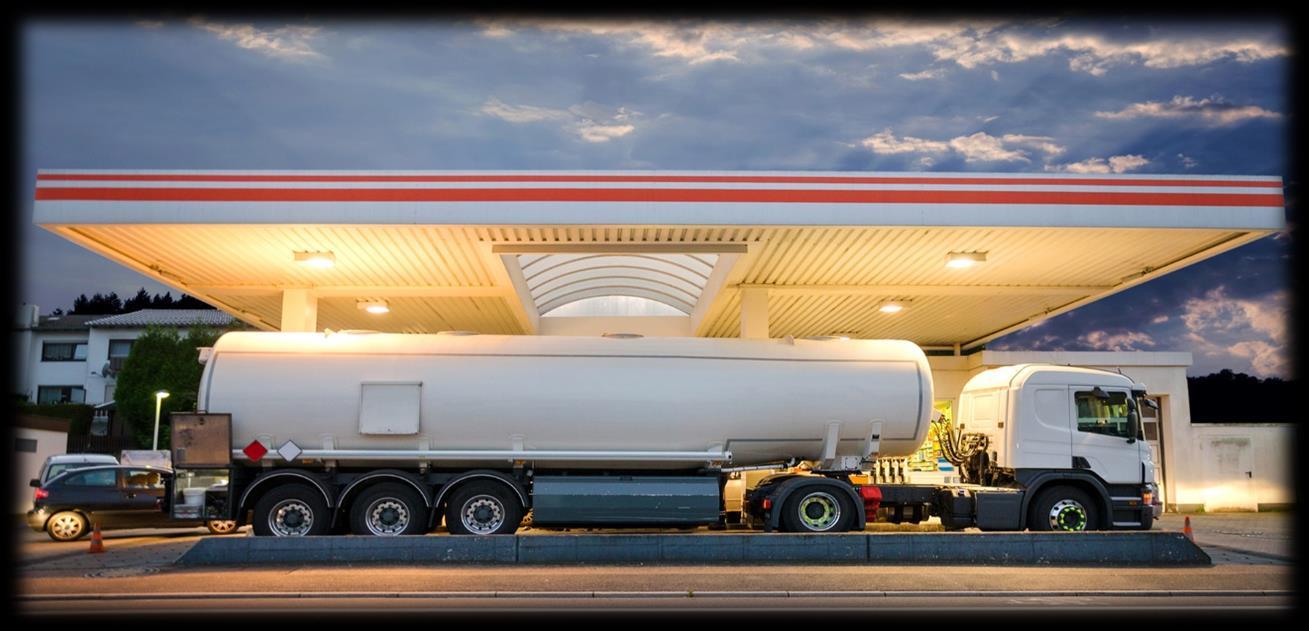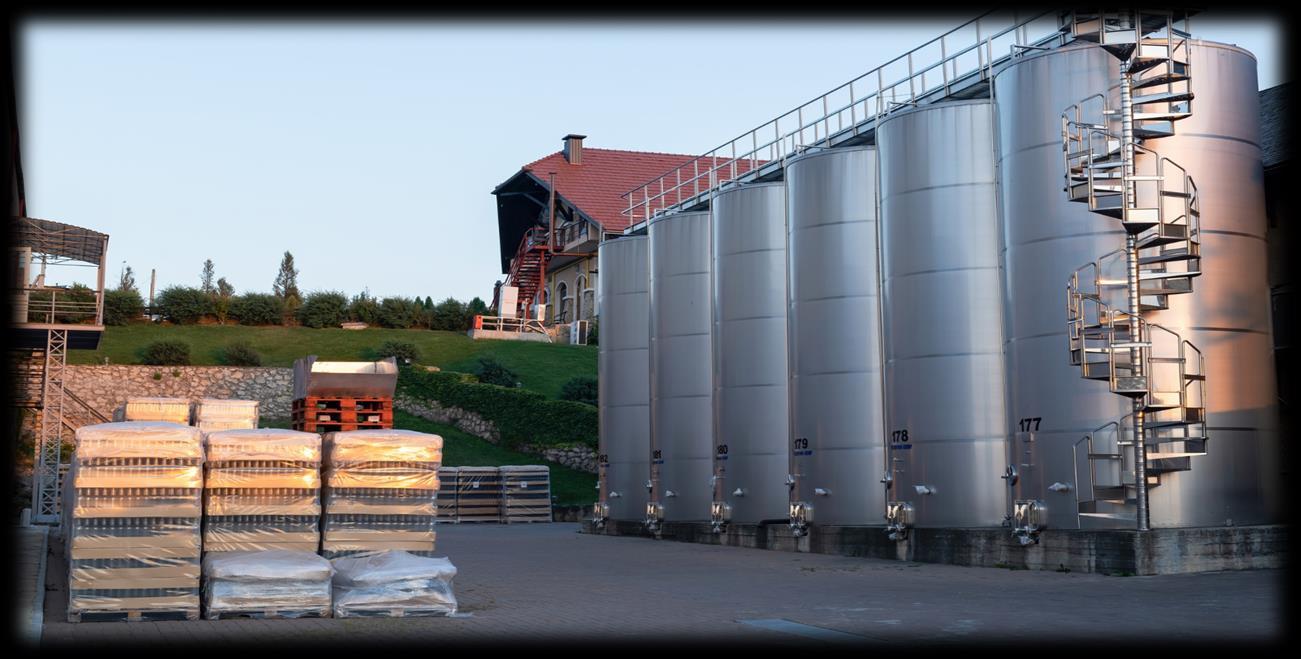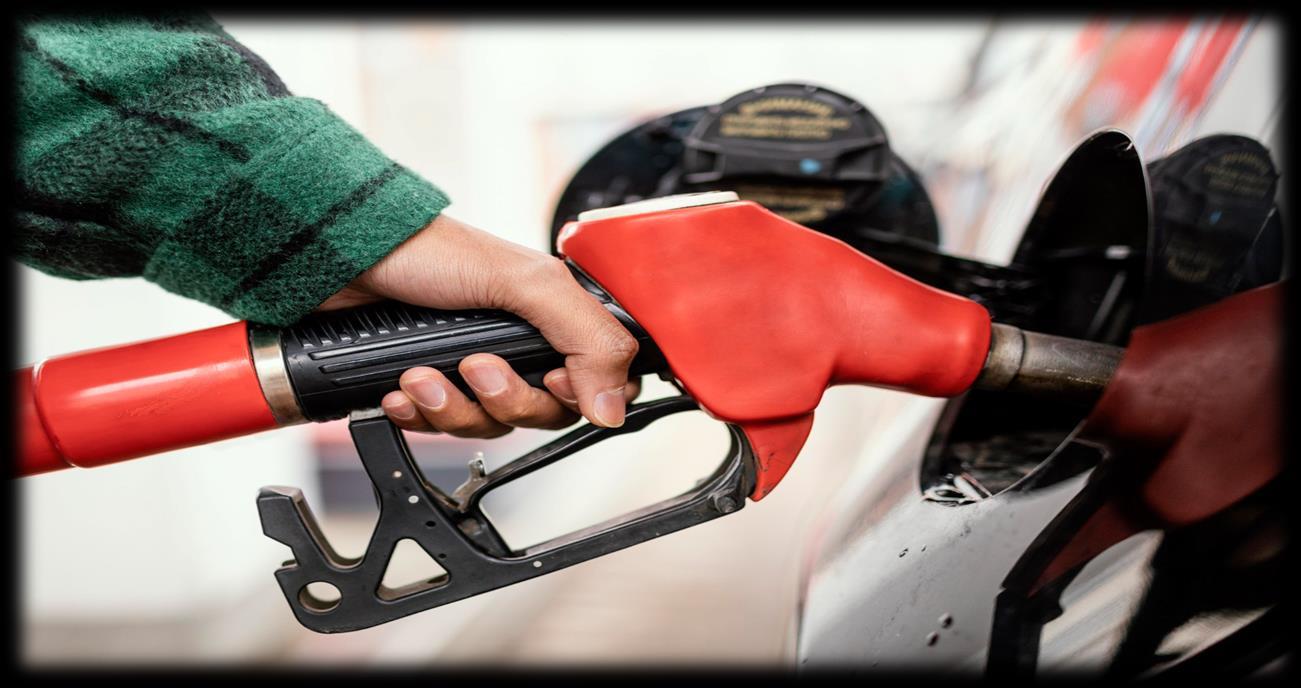

Fuel Supplier Logistics: Behindthe-Scenes of Timely Deliveries
Table of
When
In
1. The Importance of Reliable Fuel Delivery
Fuel is the lifeblood of many operations. Any delay in bulk fueling can bring entire job sites or fleets to a standstill. Businesses rely on just-in-time bulk fuel delivery to keep equipment running, supply chains moving, and deadlines intact.
A professional fuel supplier ensures that delivery is prompt, safe, and efficient no excuses. Behind each delivery is a robust logistics framework that blends technology, skilled labor, route planning, and real-time communication.

2. Advanced Route Planning and Scheduling
Top-tier fuel supplier doesn’t guess their way through delivery routes. They use advanced GPS and logistics management software to optimize routes based on real-time traffic, fuel demand, distance, and even weather.
Smart scheduling also plays a major role. A fuel supplier will consider:
Fuel consumption patterns
Tank levels at the client site
Upcoming weather conditions
Local traffic restrictions
Delivery time preferences
With this data, they plan delivery windows that avoid downtime, missed drops, or extra costs.
3. Real-Time Tank Monitoring and Inventory Management
One of the innovations transforming the fuel supplier industry is remote tank monitoring. Clients often receive tank monitors that allow both the customer and supplier to view current fuel levels. When the fuel dips below a certain level, it can automatically trigger a bulk fuel refill request.
This ensures that the customer never runs dry and that the fuel supplier can optimize its delivery schedule reducing emergency calls and improving efficiency.
Inventory management systems also help oil suppliers and diesel suppliers forecast demand and consolidate deliveries by region, which lowers emissions and costs.
4. Skilled Drivers and a Dedicated Delivery Fleet
Timely bulk fuel delivery depends not only on planning but also on the people and equipment involved. Trusted fuel suppliers invest in well-maintained trucks and experienced, certified drivers.
Professional drivers from a reputable fuel supplier are:
HAZMAT certified
Trained in spill prevention and response
Familiar with safe fuel transfer procedures
Equipped with real-time communication devices
The vehicles used for bulk fueling are typically fitted with safety features such as emergency shutoff systems, pressure monitoring tools, and compliance tracking software.

5. Safety and Compliance Protocols
Handling large volumes of flammable fuel is not without risk. That’s why leading fuel suppliers follow strict safety protocols governed by federal, state, and local regulations.
Safety measures may include:
Pre-delivery equipment checks
Grounding of tanks before transfer
Use of spill containment systems
Emergency training and drills
Documentation of delivery and transfer activities
Compliance with environmental and safety laws also protects businesses from potential liability.
6. Emergency Delivery Capabilities
A responsive fuel supplier also has provisions for emergencies. Whether it’s a storm, disaster recovery, or last-minute need, many providers offer same-day or next-day bulk fuel delivery to ensure continuity.
Emergency logistics often rely on dedicated routes, backup delivery vehicles, and flexible driver scheduling. Having a diesel or oil supplier that can deliver during off-hours or in critical conditions is an invaluable asset.
7. Transparent Communication and Customer Service
Effective logistics hinge on clear communication. Modern fuel suppliers offer digital portals, mobile apps, or direct contact options for clients to:
Track their deliveries in real-time
View fuel usage reports
Set alerts for low tank levels
Schedule or reschedule deliveries
Proactive updates help build trust and reduce the anxiety of waiting for a critical bulk fuel delivery.
8. Green Logistics and Efficiency Measures
In today’s climate-conscious world, many fuel suppliers are adopting green logistics services. By consolidating delivery routes and reducing truck idling times, they cut down on emissions. Some even deploy hybrid or electric delivery trucks for local drops
Using fuel-efficient tankers and offering renewable options like biodiesel are additional ways diesel and oil suppliers support sustainability.

FAQs – Fuel Supplier Logistics and Timely Deliveries
What guarantees does a fuel supplier offer for delivery times?
Most professional fuel suppliers offer delivery time windows and notify you of any potential delays via email, SMS, or mobile app.
Can a fuel supplier deliver fuel in an emergency?
Yes, many suppliers offer 24/7 bulk fuel delivery services in emergencies, ensuring your operations never come to a halt.
How does tank monitoring help with timely deliveries?
Tank monitors provide real-time fuel level data, allowing the fuel supplier to schedule deliveries before you run out.
What’s the difference between a diesel supplier and an oil supplier?
A diesel supplier typically focuses on diesel fuel for vehicles or machinery, while an oil supplier may provide heating oil, lubricants, and other petroleum products.
Are there environmental risks in bulk fueling?
Yes, but reputable suppliers minimize risks by using safety protocols, trained personnel, and environmentally compliant equipment.
Conclusion
The logistics behind fuel supplier operations are more advanced than ever, ensuring that bulk fuel delivery is timely, safe, and efficient. From route planning and tank monitoring to emergency readiness and environmental compliance, a reliable fuel supplier is a critical partner in your business’s success.
When selecting a diesel supplier or oil supplier, look beyond just price—examine their logistics capabilities, safety record, and communication tools. Timely bulk fueling isn’t just about convenience; it’s about keeping your business moving without interruption.
If you’re looking to improve your fuel strategy, start by evaluating the behind-the-scenes logistics of your current fuel supplier and explore what modern solutions are available to streamline your operations.

